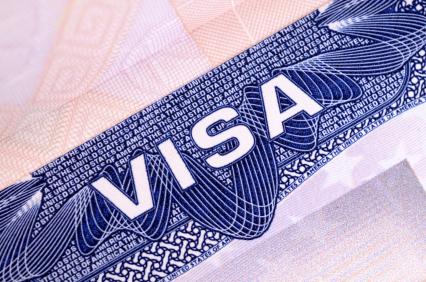U-Visa Domestic violence, sexual assault, trafficking of aliens and other crimes
In detail…
The U-Visa is set aside for victims of certain crimes who have suffered mental or physical abuse and are helpful to law enforcement or government officials in the investigation or prosecution of criminal activity. Congress created the U non-immigrant visa with the passage of the Victims of Trafficking and Violence Protection Act (including the Battered Immigrant Women’s Protection Act) in October 2000. The legislation was intended to strengthen the ability of law enforcement agencies to investigate and prosecute cases of domestic violence, sexual assault, trafficking of aliens, and other crimes, while also protecting victims of crimes who have suffered substantial mental or physical abuse due to the crime and are willing to help law enforcement authorities in the investigation or prosecution of the criminal activity. The legislation also helps law enforcement agencies to better serve victims of crimes. Mental Assessment may be used in these cases to determine the degree of mental anguish that a victim has suffered.
VAWA Assessment Battered Women, children and spouses
In detail…
As a battered spouse, child or parent, you may file an immigrant visa petition under the Immigration and Nationality Act (INA), as amended by the Violence Against Women Act (VAWA). Immigration Evaluation Services does mental assessment of individuals applying for immigration status under VAWA.
The VAWA provisions in the INA allow certain spouses, children, and parents of U.S. citizens and certain spouses and children of permanent residents (Green Card holders) to file a petition for themselves, without the abuser’s knowledge. This allows victims to seek both safety and independence from their abuser, who is not notified about the filing.
Political Asylum Everyone has the right to seek and to enjoy asylum from persecution
In detail…
Applying for asylum in the United States can be a strenuous process for both applicants and immigration attorneys. Mental health professionals with expertise in asylum law and refugee trauma can make important contributions to such cases. Not only can mental health professionals provide diagnostic information that may support applicants™ claims, but they can evaluate how culture and mental health symptoms relate to perceived deficits in credibility or delays in asylum application. We can define mental health treatment needs and estimate the possible effects of repatriation on mental health.
Mental health professionals can also provide supportive functions for clients as they prepare for testimony. Finally, in a consultative role, mental health experts can help immigration attorneys to improve their ability to elicit trauma narratives from asylum applicants safely and efficiently and to enhance their resilience in response to vicarious trauma and burnout symptoms arising from work with asylum seekers.
Extreme Psychological Hardship Extreme Hardship Assessment for 601-Waiver, Cancellation of Removal for Deportation, and J-1 Visa
In detail…
Extreme Hardship Assessment for 601-Waiver, Cancellation of Removal for Deportation, and J-1 Visa[/custom_headline]
The psychological evaluation can be a powerful piece of evidence to demonstrate and prove the extreme hardship that the qualifying relative would suffer if he or she is separated from the applicant; or alternatively, if the qualifying relative leaves the U.S. and re-locates abroad in order to be with the applicant.




